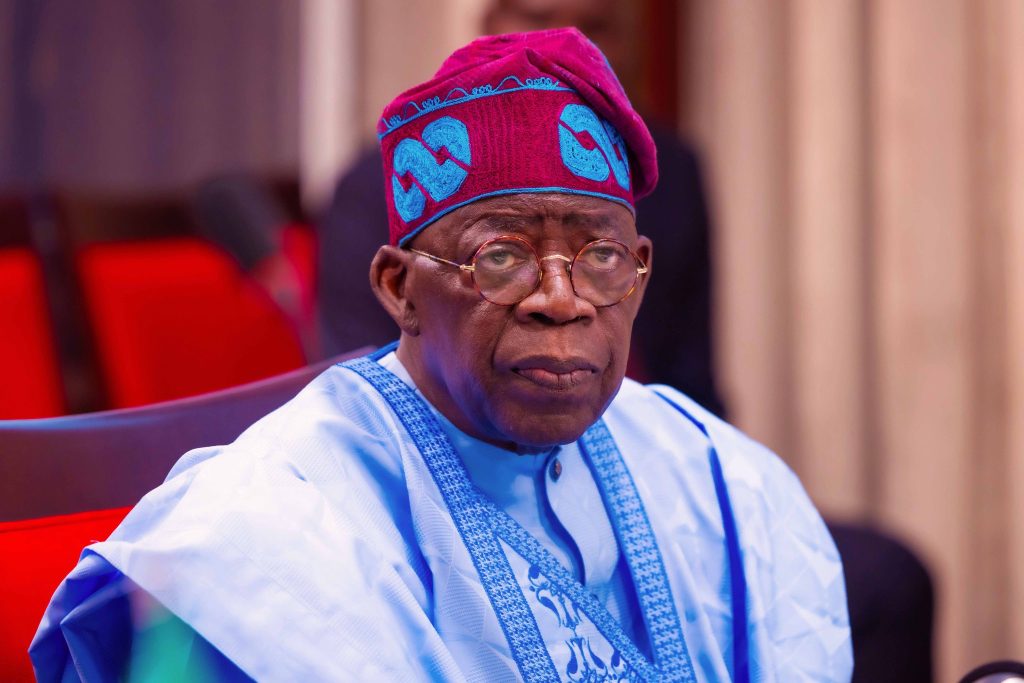President Bola Tinubu has explained why his administration established the N200 billion intervention fund to support micro, small, and medium enterprises (MSMEs) and manufacturers.
Tinubu, represented by the Vice-President Kashim Shettima, stated this in Abuja on Monday at the 31st Nigerian Economic Summit, organised by the Nigerian Economic Summit Group.
The president said it had become necessary to assist them in boosting competitiveness and addressing structural challenges.
He said beyond the Gross Domestic Product (GDP) growth of 4.23 per cent recorded in September 2025, the economic reforms spearheaded by his administration had started yielding tangible results across sectors.
According to him, it has surpassed projections from multilateral agencies and indigenous economic experts.
The president maintained that all the decisions taken by his administration had been “guided by the pursuit of balance between economic logic and public expectation.”
Tinubu restated his administration’s resolve to rekindle hope for poor, vulnerable and jobless Nigerians by creating corridors for them, especially the youth, to access loans, grants and equity investments.
He said, ”As a people-orientated government, our priority remains restoring hope to the unemployed, the poor, the excluded, and the vulnerable.
”We have created pathways for young Nigerians to access grants, loans, and equity investments of up to 100,000 dollars to scale their enterprises, innovate, and build sustainable livelihoods.
“We established a N200 billion intervention fund to support micro, small, and medium enterprises and manufacturers, helping them overcome structural challenges and enhance competitiveness.
“Our expansion of digital microloan access has improved financial inclusion, empowering small businesses and stimulating community-level productivity.
“These efforts underline our commitment to an economy that works for all Nigerians.”
The Nigerian leader attributed the significant progress his administration has made so far in stabilising Nigeria’s economy and rescuing public finance to the patience and sacrifices made by Nigerians.
“As experts in the economy, you know more than the average citizen that the stability in our foreign exchange market is not accidental.
”It reflects deliberate choices guided by the same economic wisdom that gatherings such as this embody.
“Along with subsidy removal, these decisions have rescued our public finances, stabilised the economy, and reassured investors at home and abroad.
”We owe this progress to the sacrifices of Nigerians, whose patience and understanding have been the bedrock of our endurance.
“To them, I say: the better days we promised are already within sight,” he stated.
Tinubu acknowledged what he described as a “resounding consensus” that ongoing reforms by his administration had stabilised the nation’s macroeconomic environment, with the economy “expanding to N372.8 trillion in 2024, up from N309.5 trillion in 2023.”
Tinubu said, “Our total revenue collection also rose from N19.9 trillion in 2023 to N25.2 trillion in 2024, and as of August 2025, it had reached N27.8 trillion, surpassing the revenue target of N18.32 trillion.
“These triumphs and projections are guided by the promise we have made to the nation—to grow Nigeria’s debt service-to-revenue ratio from 97 per cent, where we met it, to a sustainable level.
“Aside from the good news that this ratio has now reduced to less than 50 per cent, I am proud to share that this performance, in our early days in office, inspired Fitch to upgrade Nigeria’s sovereign rating to B, with a stable outlook, and Moody’s to lift our issuer rating to B3 with a stable outlook.
“Both praised our improved economic foresight and clearer policy direction as their barometers.”
For non-oil revenues, the president said it grew by 411 per cent year on year in August this year, with the tax-to-GDP ratio now nudging 13.5 per cent, up from barely seven per cent a few years ago.
The president assured that the four Tax Reform Acts he recently signed into law would boost domestic revenue mobilisation, reduce dependence on oil, and simplify compliance.
“These reforms protect low-income earners, ensure fairness in corporate taxation, and strengthen digital innovation in tax administration.
”By promoting transparency and coordination among all tiers of government, we are laying the foundation for a fairer and more prosperous Nigeria,” Tinubu added.
The Chairman of the NESG, Mr Olaniyi Yusuf, advised the relevant stakeholders and authorities to address security as an enabler of reforms.
He said that without peace, reforms cannot take root, investors cannot take risks, and Nigerian youths cannot find opportunities for prosperity.
“Tackling insecurity in rural and urban areas alike is vital to unlock productivity and restore confidence,” he added. (NAN)
The post Why we established N200bn intervention fund for MSMEs, manufacturers – Tinubu appeared first on Vanguard News.

